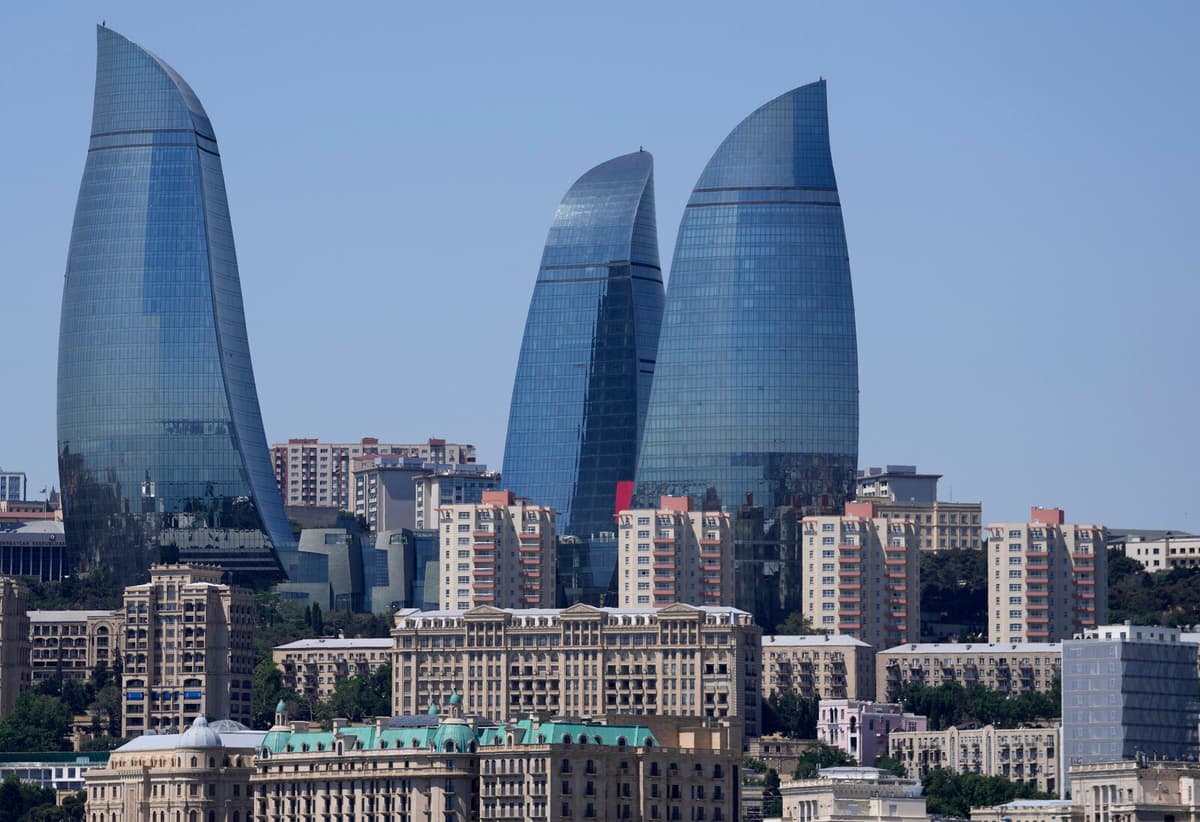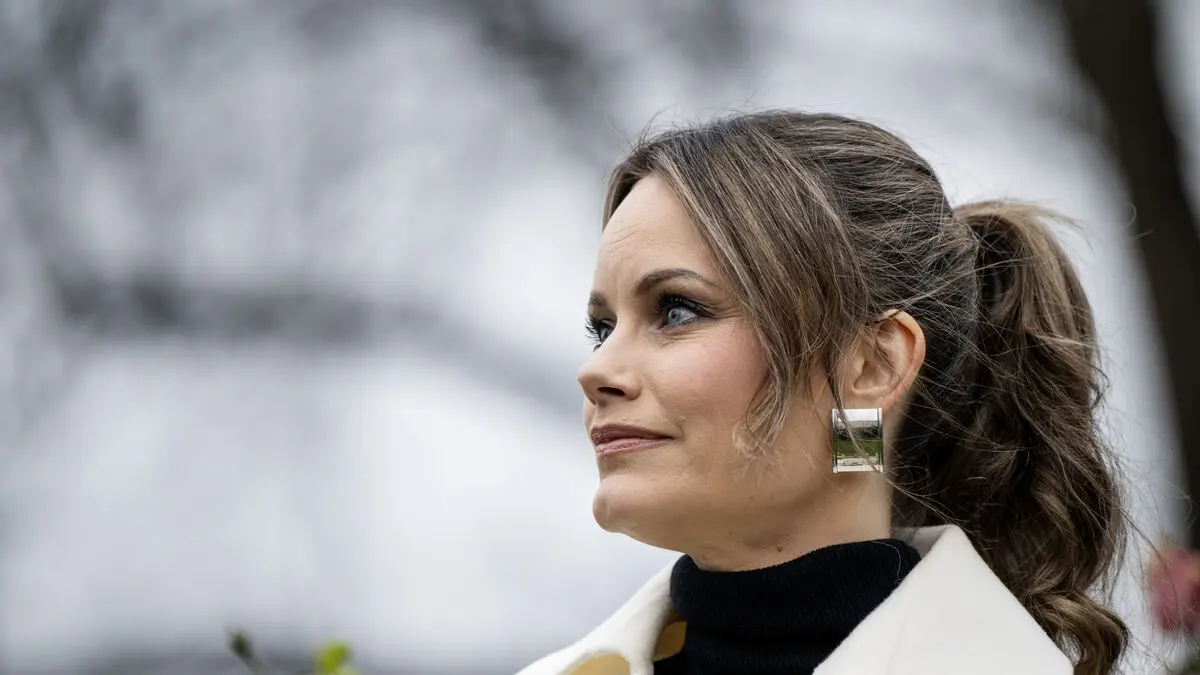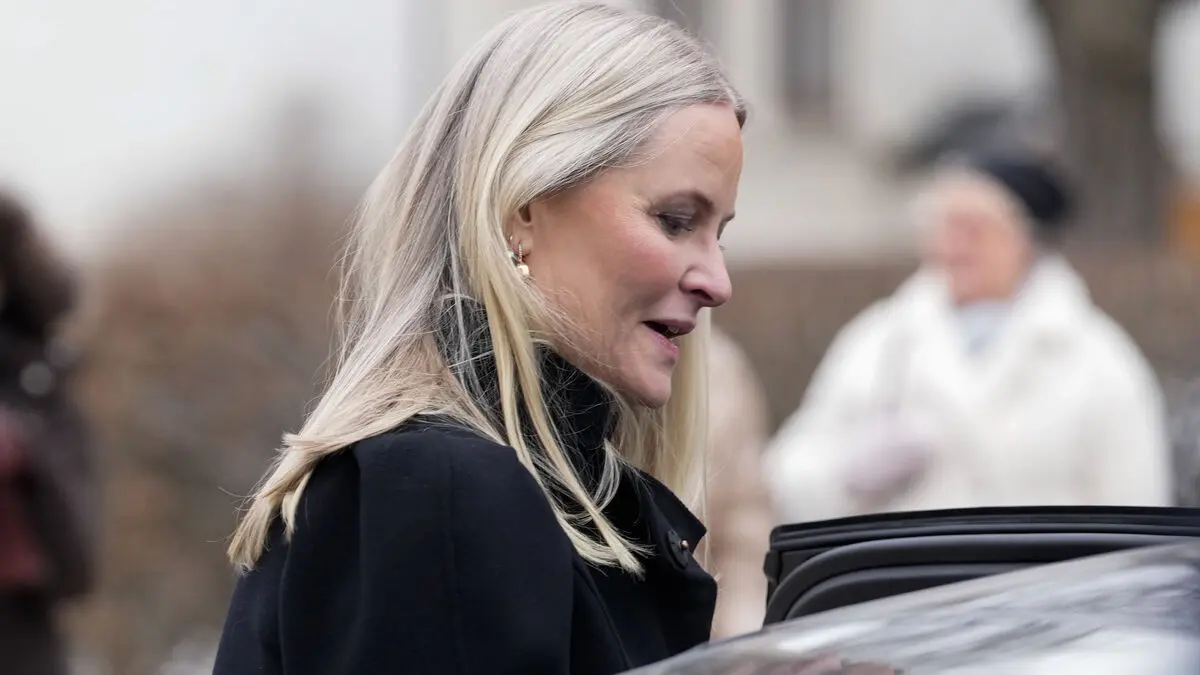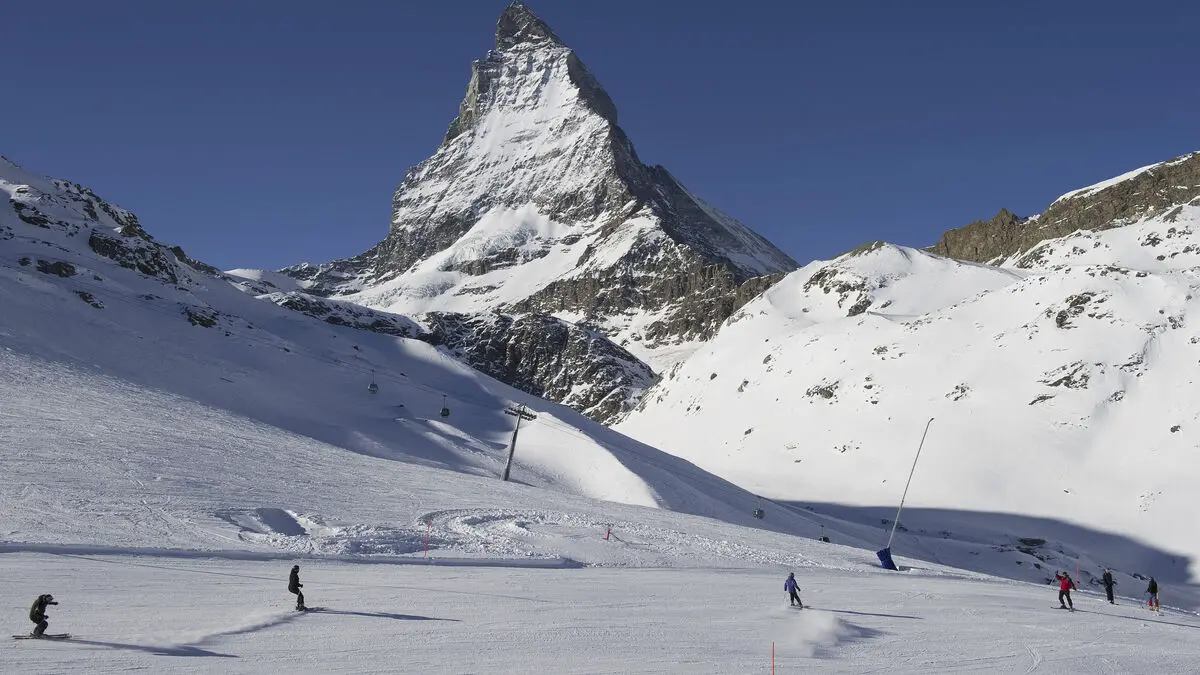In less than two months, negotiators from around the world will travel to Azerbaijan to try to agree on a way forward in the work to mitigate the most devastating effects of climate change. Feverish work is underway to give Baku a facelift before the COP29 summit begins on November 11.
The fact that a state dependent on oil and fossil gas is hosting the UN climate meeting has sparked criticism. Human rights organizations are also warning that activists may face difficulties, as the country is ruled as a dictatorship and often silences critical voices.
New Billion-Dollar Goal
The main task of the meeting is to agree on a new target for climate financing – the money rich countries should pay to help poorer countries tackle climate change. Many developing countries believe they cannot sharpen their emission reduction targets without receiving more support for investments.
The disagreement over the amount and who should pay is, however, abyssal, paving the way for heated discussions. Until 2025, rich countries have committed to providing $100 billion per year in climate financing, but thereafter, developing countries believe it requires $1,000 billion per year. The USA and EU also want more countries to contribute support, such as oil-rich Gulf states and China – which the latter do not agree with.
The presidency has presented several non-binding side initiatives that individual nations can support, as a "complement" to the difficult negotiations that require consensus. This includes, among other things, calling on countries to adopt a ceasefire during the meeting, reduce emissions from tourism, and increase global energy storage.
Braking Progress?
Last year's meeting saw countries agree to work towards a transition from fossil fuels in the energy system by 2050 and a tripling of renewable energy by 2030. However, negotiators from five Western countries tell The Financial Times that a group of countries, including Saudi Arabia and Russia, are once again trying to slow down progress on the issue.
The negotiators say they are now trying to pressure Azerbaijan to prioritize discussions on phasing out fossil fuels in Baku, in an attempt to counter resistance from countries with an economic interest in continued oil, coal, and fossil gas extraction. This is a necessity for COP29 to be successful, the negotiators believe.
Azerbaijan is rich in natural resources, primarily oil and gas, and exports a large part of its energy to Europe.
Azerbaijan is considered to have been the first oil-producing country in modern times. Oil laid the foundation for the Nobel family's fortune, as Alfred Nobel and his brothers were involved in building up the oil industry in Baku from the 1870s.
Today, the extraction of oil, gas, and other minerals accounts for around 45 percent of GDP. Gas and oil account for over 90 percent of exports.
Source: Landguiden/UI
The UN climate summits, COP, are held in different locations each year. COP stands for "Conference of the Parties" and refers to the parties in the UN climate convention.
COP29 will be held in Baku, Azerbaijan, from November 11-22.
In the Paris Agreement from 2015, most of the world's countries agreed to keep the increase in the global average temperature well below 2 degrees, and preferably below 1.5 degrees, compared to pre-industrial times. This is to be achieved mainly through reduced greenhouse gas emissions.






